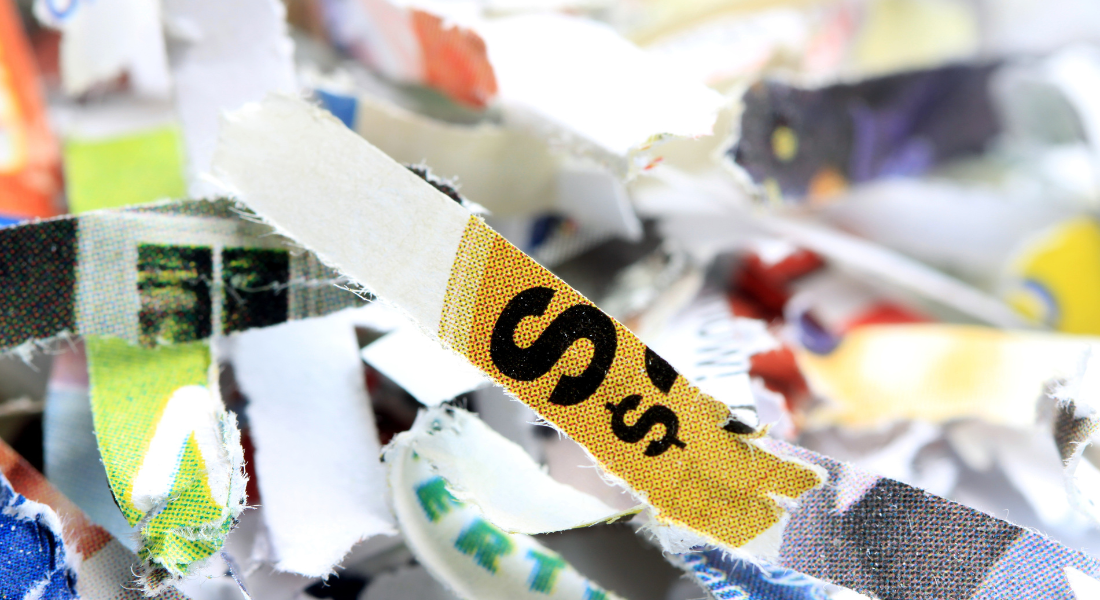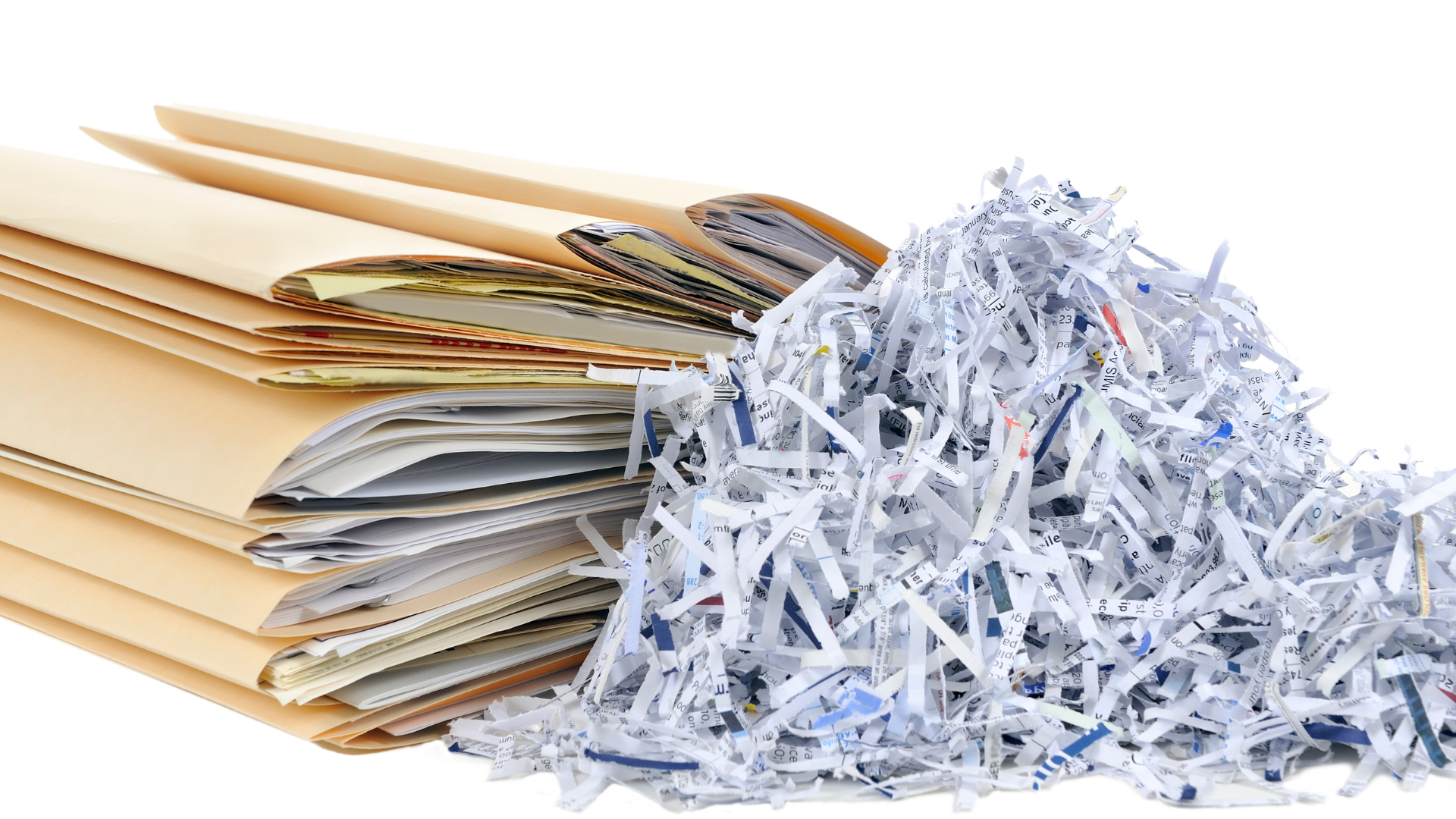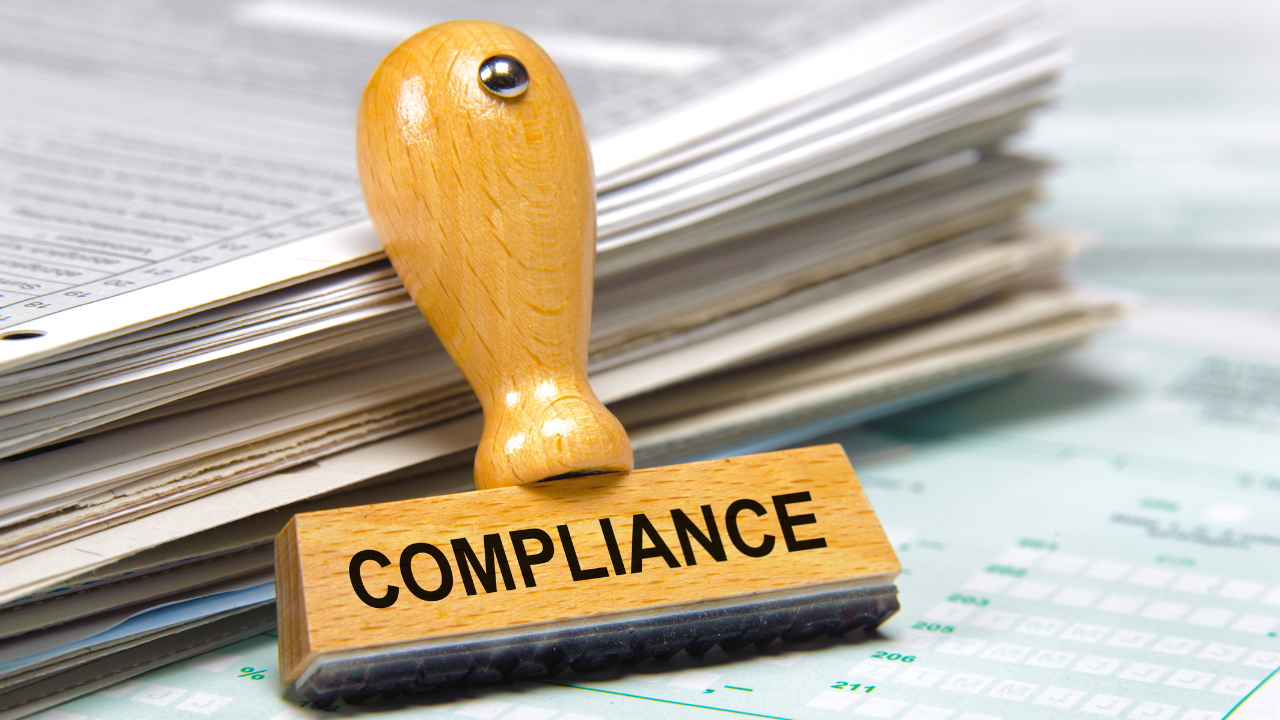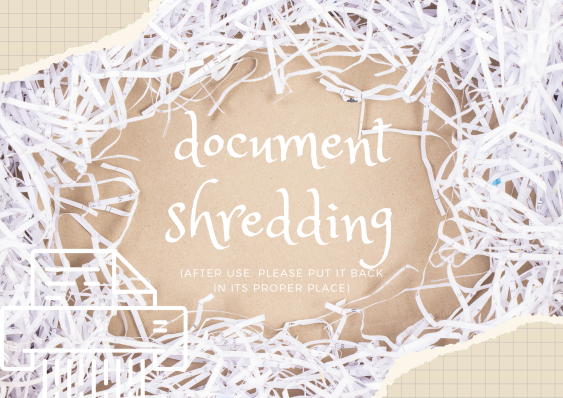The Psychology of Document Shredding: Why We Keep Hoarding Paper
Have you ever found yourself holding onto a pile of old papers, even though you know they're no longer relevant? What about document shredding makes us so hesitant to let go of things that take up space and add clutter to our lives? In this article, we'll dive into the psychology behind document hoarding and explore why we feel the need to keep so much paper. By the end, you'll have a better understanding of your own habits and some practical tips for decluttering your life.
Before we get started, take a moment to think about your own relationship with paper clutter. Do you have stacks of old documents sitting around, waiting to be sorted? Make a mental note of what you want to get out of this article and keep that in mind as we explore the topic further.
The Appeal of Tangible Records:
Benefit: Understanding the emotional attachment to physical documents can help you overcome the urge to hoard them.
Nostalgia and Sentimentality
There's something special about holding onto a physical record of a meaningful moment, whether it's a wedding invitation, a concert ticket, or a handwritten note. These items represent memories and emotions we may not want to release. However, it's important to remember that these memories still exist even if the physical items don't.
The Permanence of Paper
In a world where digital information can be deleted or lost in a computer crash, paper documents can provide a sense of security. They're tangible, and we can physically see and touch them, which can make us feel more in control. However, weighing the benefits of physical documents against the cost of storing and organizing them is important.
The Fear of Losing Information:
Benefit: Recognizing why we fear losing information can help us find more effective ways to store and manage it.
The Need for Security
Documents can contain sensitive information, such as social security numbers or financial statements, that we don't want falling into the wrong hands. Keeping physical copies can feel more secure than storing everything digitally. However, it's important to take steps to protect physical documents as well, such as using a safe or secure filing cabinet.
The Fear of Forgetting
Another reason we may hold onto documents is the fear of forgetting important information. We may keep old papers as a reminder of past events or to ensure we have access to information if we need it later. However, it's important to evaluate the relevance of the information and consider if it's worth the cost of holding onto it.
The Psychological Attachment to Possessions:
Benefit: Understanding why we become attached to our possessions can help us make more intentional choices about what we keep and what we let go of.
The Endowment Effect
The endowment effect is the tendency to place more value on items we own simply because we own them. This can make it difficult to let go of possessions, even if we don't have a logical reason to keep them. By recognizing this bias, we can challenge ourselves to evaluate our attachment to items and make more objective decisions. One way to overcome the endowment effect is to practice imagining life without the item. By picturing a scenario where we no longer have the possession, we can start to detach from it emotionally and make more rational decisions about whether to keep or discard it.
The Sunk Cost Fallacy
The sunk cost fallacy is the idea that we should continue investing in something simply because we've already invested time, money, or effort into it, even if it's no longer serving us. This can also apply to documents we may hold onto papers because we spent time organizing them or because we paid for them in the first place. However, it's important to remember that the cost has already been incurred, and holding onto unnecessary items will only continue to cost us in the form of clutter and stress.
The Impact of Digital Technology:
Benefit: Exploring the pros and cons of digital technology can help us make more informed decisions about storing and managing our documents.
The Convenience of Digitization
One of the biggest advantages of digital technology is the convenience it offers in terms of storage and organization. With just a few clicks, we can access information from anywhere in the world, without having to sort through piles of paper. Digitization can also reduce the physical space required to store documents, which can be especially valuable in small living or office spaces.
The Paradox of Choice
However, the ease of digitization can also lead to its own problems. When everything is stored digitally, we can quickly become overwhelmed by the sheer volume of information available to us. We may struggle to find the specific document we're looking for, or we may feel like we need to keep everything "just in case". This paradox of choice can be addressed by developing a clear system for organizing digital documents and regularly purging unnecessary files.
Practical Tips for Document Shredding:
Benefit: Learning practical strategies for shredding documents can help us feel more confident in decluttering and letting go of unnecessary items.
Setting Realistic Goals
It's important to start small and set achievable goals when it comes to document shredding. Rather than attempting to tackle an entire filing cabinet in one go, start with one drawer or one type of document at a time. Celebrate your progress along the way to help build momentum.
Developing a System
Having a clear system for organizing and storing documents can make it easier to identify what needs to be shredded and what can be kept. Consider using color-coded folders, labeling boxes or drawers, or creating a digital filing system that makes it easy to find what you need.
Letting Go of Emotional Attachments
Finally, remember that letting go of physical possessions can be an emotional process. Give yourself permission to feel any emotions that come up, and practice self-compassion as you work through the process of decluttering. Remind yourself of the benefits of letting go of unnecessary documents, such as reducing stress and creating more physical space.
The key takeaway:
In the end, the psychology of document shredding comes down to understanding our emotional attachments to physical possessions and recognizing the benefits of letting go of unnecessary items. By developing a clear system for organizing and storing documents, setting realistic goals, and practicing self-compassion, we can begin to overcome the urge to hoard paper and create more space and freedom in our lives.
At I-Shred, security and efficiency are a priority. I-Shred offers stress-free onsite shredding to save time and ensure your documents are destroyed properly. Which is why we offer recurring service to small businesses. We are dedicated to helping you save time and money when it comes to secure document destruction. Contact us today!










